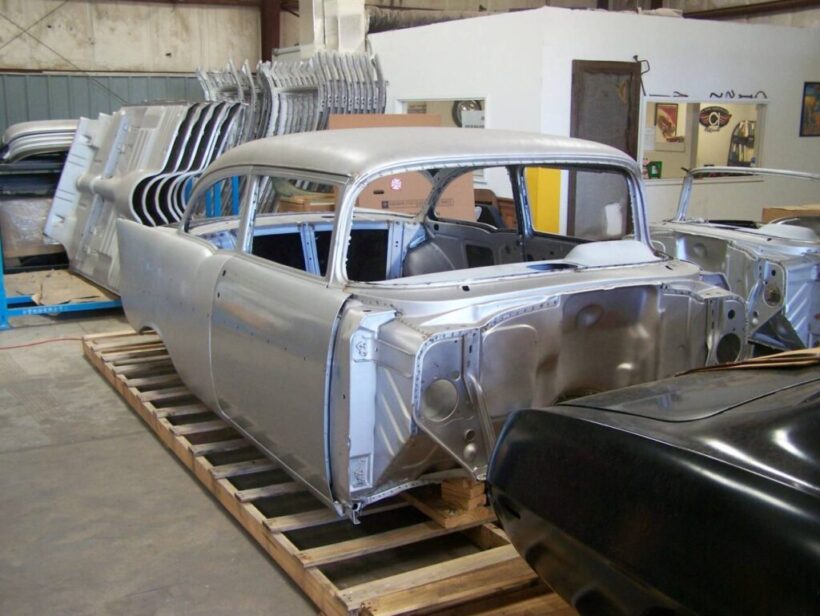Vintage cars are a thing of beauty, and their parts are no exception. The parts that make up these cars are often hard to come by, as many of them are no longer in production. Vintage car parts are also highly sought after by car enthusiasts, collectors, and restorers. In this article, we will delve into the world of vintage car parts, exploring what makes them so unique, and why they are so important to the vintage car community.
Firstly, let us define what a vintage car is. The term “vintage car” refers to any car that was manufactured between 1919 and 1930. However, it is also used to describe cars that were manufactured before 1970. These cars are often referred to as classic cars, and they have a special place in the hearts of many car enthusiasts.
Vintage car parts can be divided into two categories: original parts and reproduction parts. Original parts are parts that were made during the time when the car was manufactured. These parts are often more expensive and harder to come by. Reproduction parts, on the other hand, are parts that have been made to look and function like the original parts. These parts are often cheaper and more readily available.
Engine
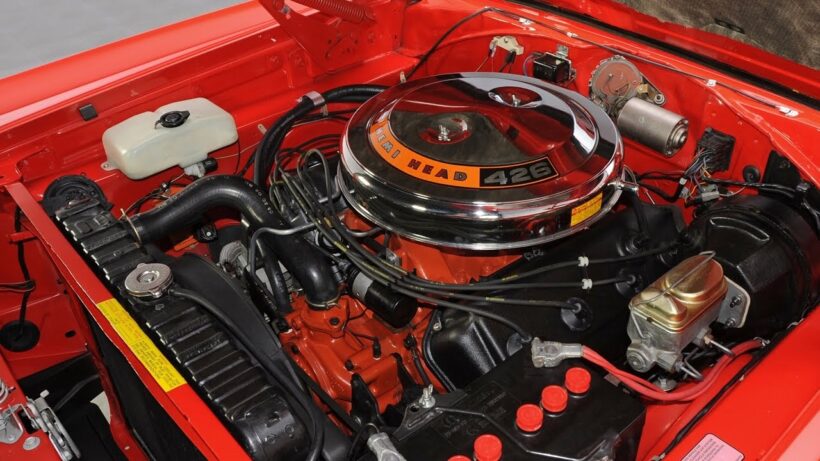
One of the most important vintage car parts is the engine. The engines of vintage cars were often larger and more powerful than modern engines. This was due to the fact that these cars were heavier and needed more power to move. The engines of vintage cars were also simpler than modern engines, which made them easier to repair and maintain.
Transmission
Another important vintage car part is the transmission. The transmissions of vintage cars were often manual, meaning that the driver had to shift gears manually. These transmissions were often more durable than modern transmissions, as they were designed to withstand more wear and tear.
Suspension system
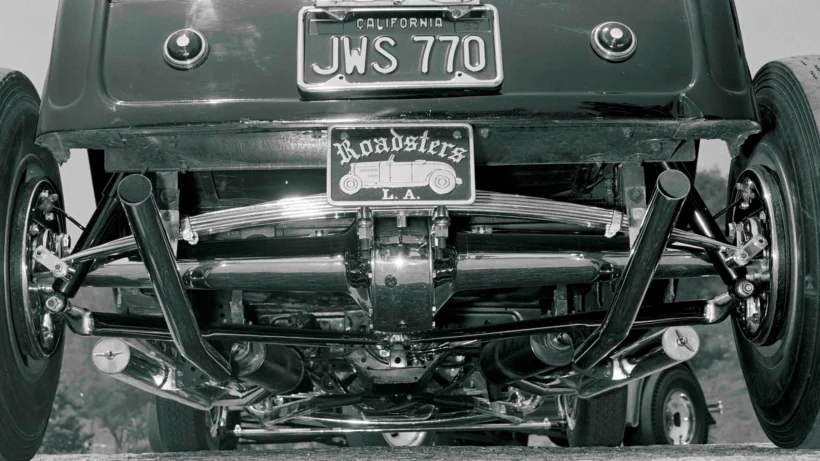
The suspension system of vintage cars is also an important part of these vehicles. Vintage cars often had a leaf spring suspension system, which was simple and durable. This type of suspension system was often used in trucks and other heavy-duty vehicles.
Wheels
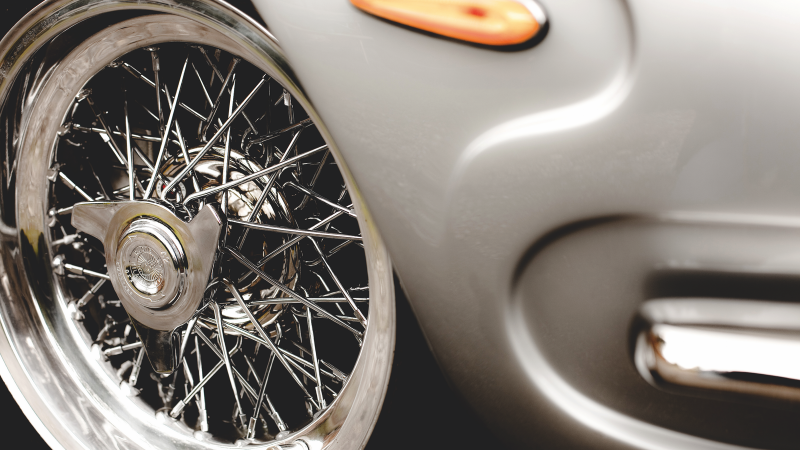
The wheels of vintage cars were also unique. These cars often had wire-spoke wheels, which were lighter and more flexible than modern wheels. The tires of vintage cars were also narrower than modern tires, which gave these cars a distinctive look.
Body styles
Vintage cars also had unique body styles. These cars were often longer and wider than modern cars. They also had more curves and less aerodynamic designs. The bodies of vintage cars were often made of metal, which made them more durable than modern cars.
Interior
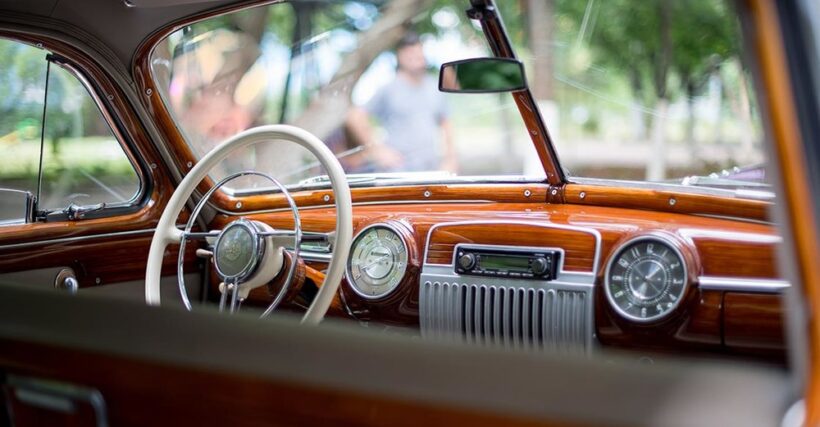
The interior of vintage cars was also unique. These cars often had bench seats, which allowed for more passengers. The dashboards of vintage cars were also simpler than modern dashboards, as they did not have as many features.
Vintage car parts are essential components for restoring and maintaining classic automobiles. These parts are usually no longer produced, making them difficult to find and valuable for enthusiasts. They refer to components that were originally used in the production of older vehicles and have been replaced with newer, more modern parts.
Enthusiasts of vintage cars often seek to restore classic automobiles to their original state, and this can only be done with authentic vintage car parts. These parts can be found through various channels, including vintage car part shops, online auctions, and car shows. These parts are highly sought after due to their rarity, and many vintage car enthusiasts are willing to pay a premium for them.
Some of the most popular vintage car parts include engines, transmissions, suspension components, and body panels. These parts can be particularly challenging to find, as they were often unique to specific makes and models of vehicles. In some cases, parts from similar models or even different brands may need to be modified to fit properly.
Vintage car parts are not just valuable for restoring classic cars to their original condition, but also for customizing them to suit modern tastes. Many vintage car enthusiasts like to modify their vehicles to make them more powerful, efficient, or visually appealing. In these cases, vintage car parts can be used as a foundation for creating unique and customized vehicles.
One of the biggest challenges with vintage car parts is that they can be very difficult to find. This is due to a variety of factors, including the rarity of the parts, the age of the vehicles, and the fact that many manufacturers no longer produce them. As a result, many vintage car enthusiasts spend a great deal of time and effort searching for the parts they need.
Another challenge with vintage car parts is that they may not be as reliable as modern parts. This is because they are often made with older technology and may not have been designed to withstand the wear and tear of modern driving conditions. Vintage car enthusiasts must be careful when selecting parts to ensure that they are not only authentic but also safe and reliable.
Despite these challenges, vintage car parts remain an important part of automotive history and culture. They allow enthusiasts to preserve and restore classic automobiles and to customize them to suit modern tastes. Vintage car parts also provide a link to the past, reminding us of the unique design and engineering that went into older vehicles.
Conclusion
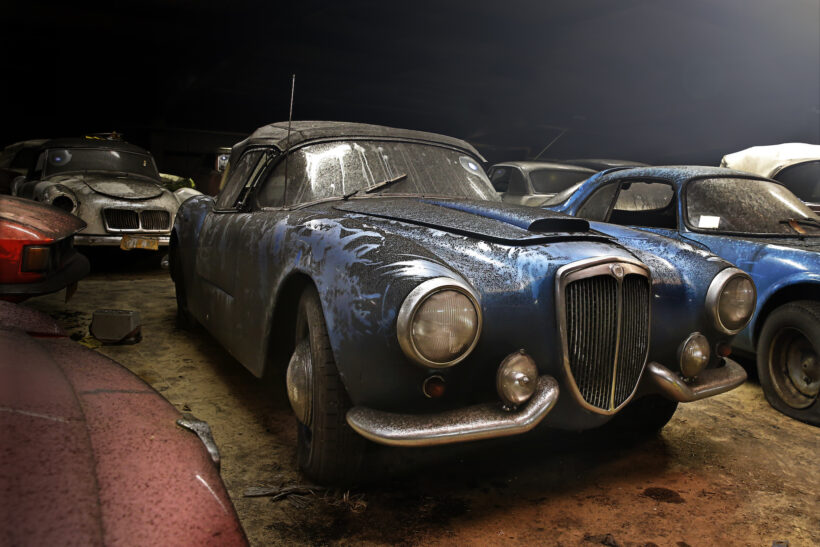
In conclusion, vintage car parts are an essential part of the vintage car community. These parts are often hard to come by, but they are highly sought after by car enthusiasts, collectors, and restorers. The engines, transmissions, suspension systems, wheels, bodies, and interiors of vintage cars are all unique and distinctive. These parts represent a bygone era of automotive design, and they remind us of the beauty and craftsmanship of these vehicles. If you are a vintage car enthusiast, collector, or restorer, then you know the value of these parts. They are the heart and soul of these beautiful cars, and they deserve to be preserved for generations to come.

